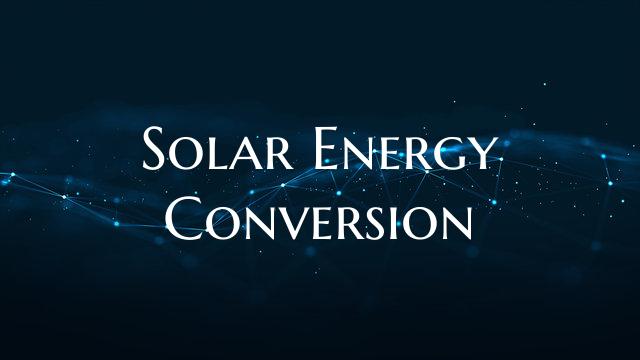Solar Energy Conversion
Solar energy conversion is a rapidly developing field that aims to harness the abundant energy provided by the sun and convert it into usable forms of energy for various applications. With the increasing global focus on renewable energy sources, solar energy conversion has gained significant attention due to its sustainability and potential to reduce reliance on fossil fuels and mitigate climate change.
One of the most common methods of solar energy conversion is through photovoltaic (PV) cells, also known as solar panels. These devices consist of semiconductor materials that generate electric current when exposed to sunlight through the photovoltaic effect. PV cells have become increasingly efficient and cost-effective, making them a popular choice for generating electricity in both residential and commercial settings.
Another method of solar energy conversion is solar thermal power, which utilizes the heat from the sun to generate electricity or provide heating for buildings and water. Concentrated solar power (CSP) systems use mirrors or lenses to concentrate sunlight onto a small area, creating intense heat that can be used to drive turbines and generate electricity.
In addition to electricity generation, solar energy conversion can also be used for solar water heating, solar cooking, and solar drying applications. Solar water heaters use solar collectors to absorb sunlight and heat water for domestic or commercial use, reducing the reliance on traditional water heating methods that consume fossil fuels.
Overall, solar energy conversion presents a sustainable and clean energy solution with vast potential to transform the way we power our world. Continued research and innovation in this field hold the key to unlocking the full benefits of solar energy conversion and creating a more sustainable future for generations to come.

